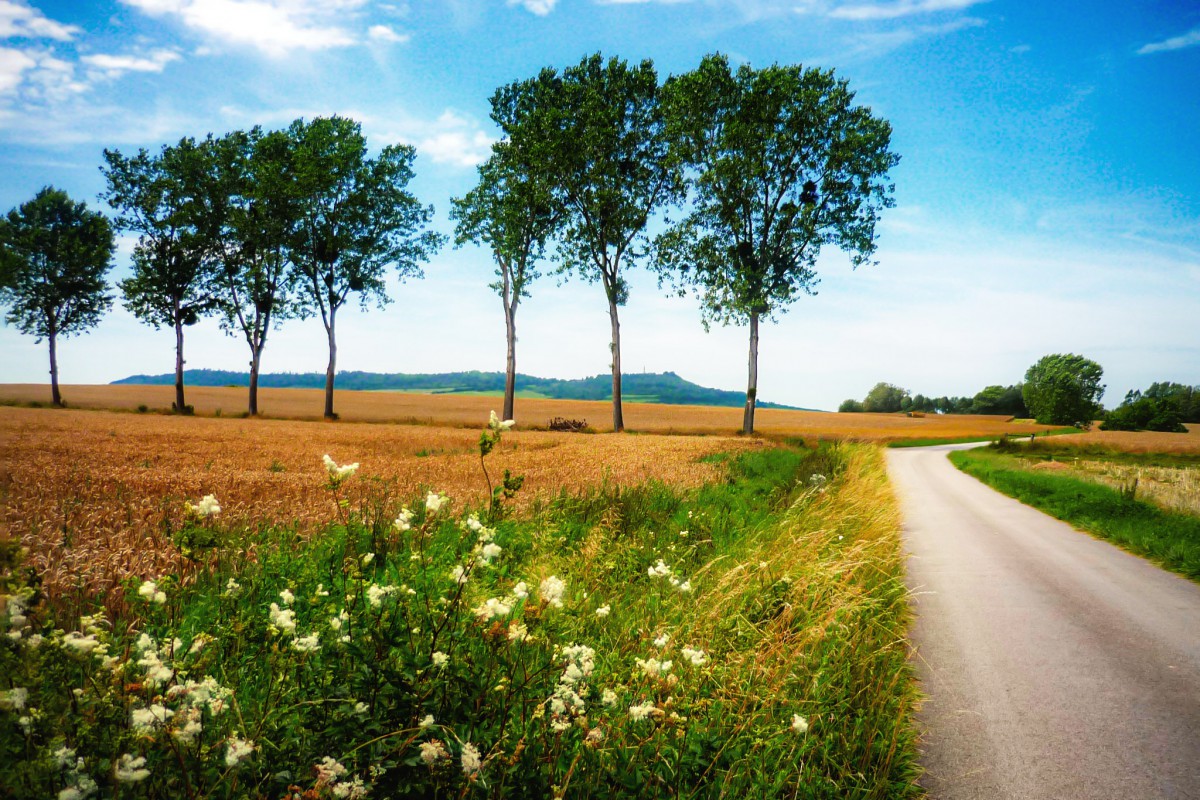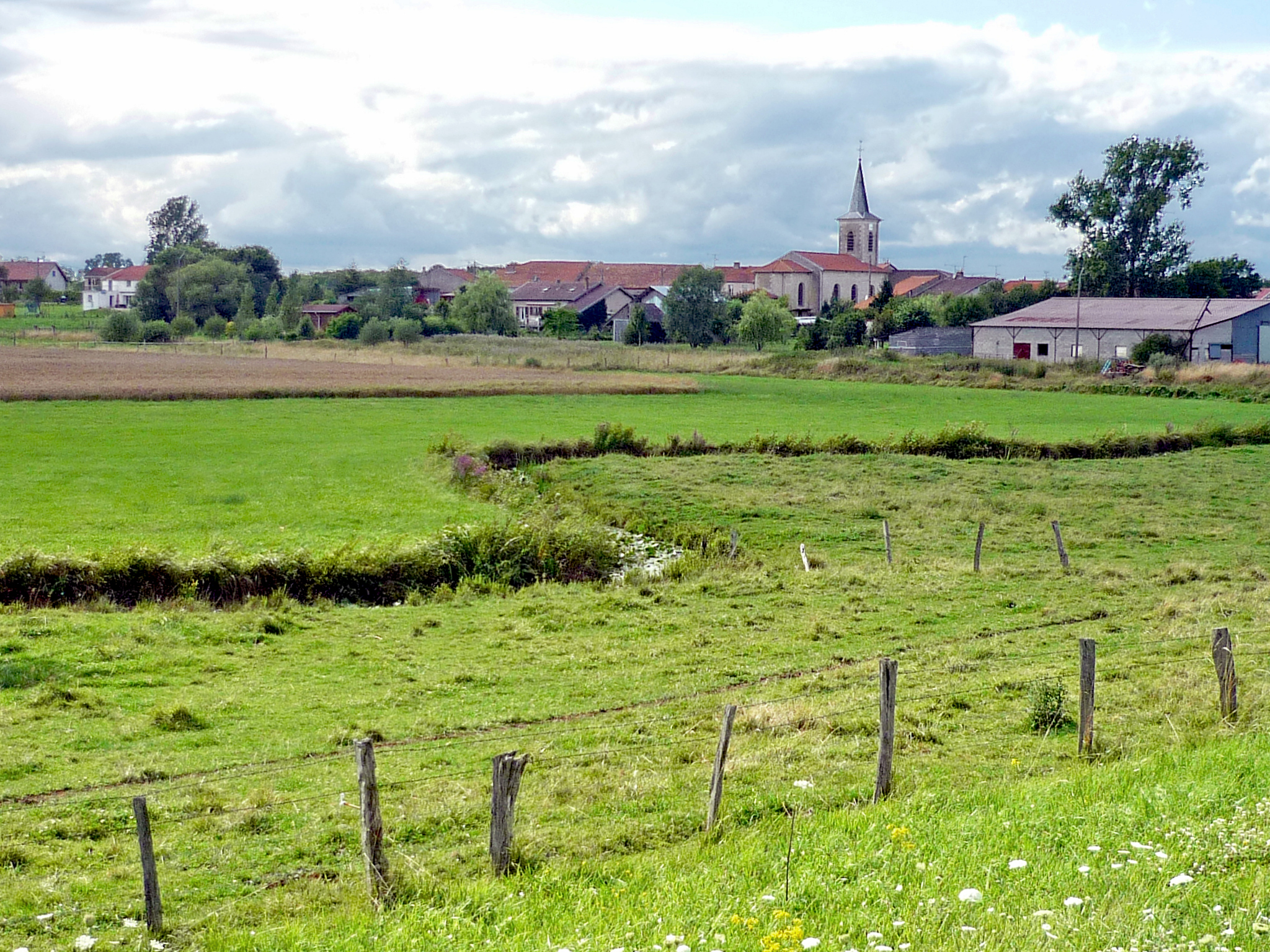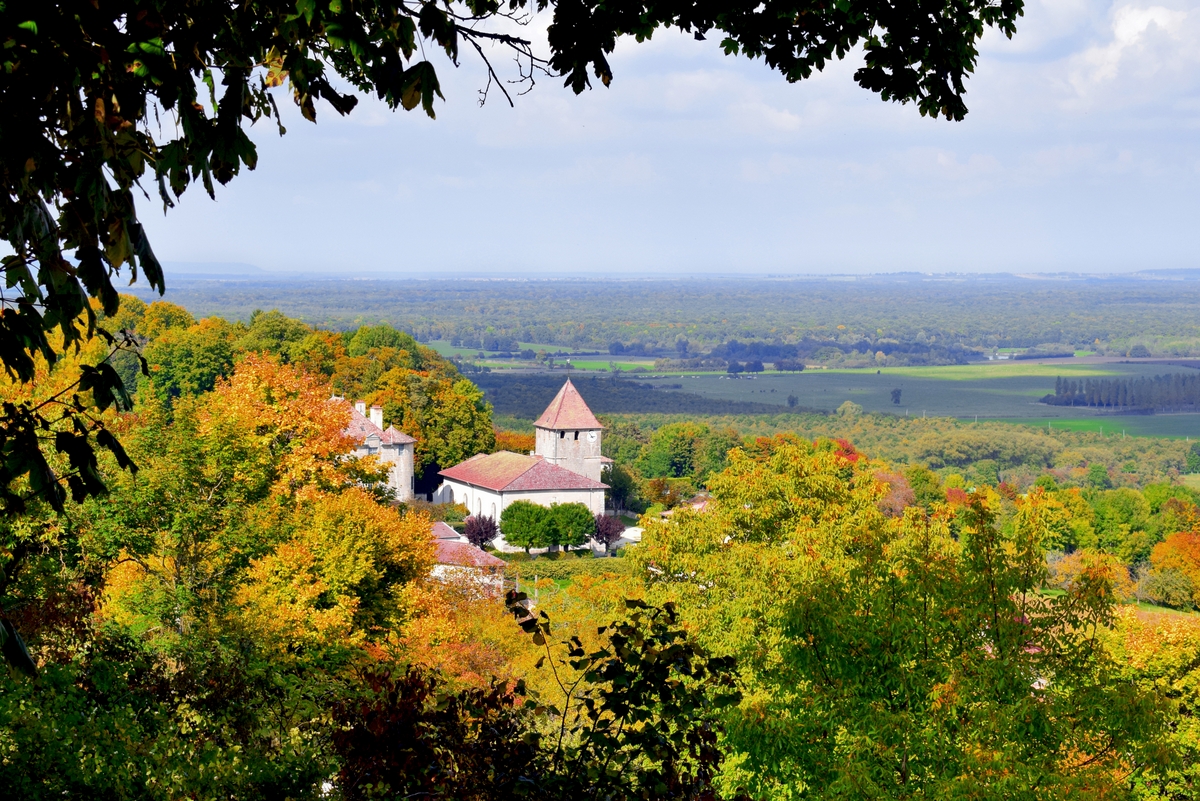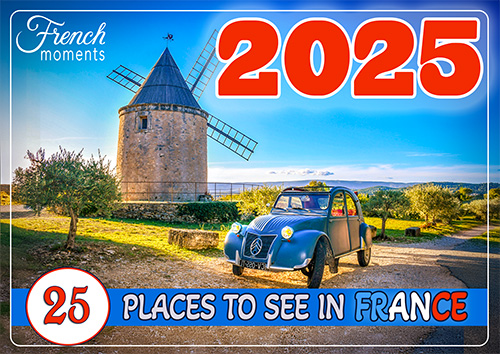Que reste-t-il de nos amours ? (I wish you love) 🎵 … The song talks about what is left of love with a personal and poetic touch and is set in Autumn. It was written during the war and referred to as the “beaux jours” (the good old days) with a nostalgic touch.
About the song
Que reste-t-il de nos amours ? (literally “What remains of our love?”) is a famous French song originally recorded in 1942. It is also known in English as “I wish you love.”
The song was composed by Léo Chauliac and written by French singer Charles Trenet (1913-2001). It was first featured in François Truffaut’s movie “Baisers volés” (Stolen Kisses) in 1968.
The French lyrics of “Que Reste-t-il de nos Amours?”
“Que reste-t-il de nos amours?” is a nostalgic and evocative chanson written and performed by Charles Trenet. Its title translates to “What remains of our love?” and the song poetically explores the remnants of past relationships and the memories they leave behind.
A melancholy setting
The song begins with a melancholy setting: a windy evening that brings whispers of dead loves to the singer’s door, stirring the embers of old memories as the fire dies down. This imagery sets a sombre tone, evoking the passage of time and the cooling of past passions.
The refrain, “Que reste-t-il de nos amours? Que reste-t-il de ces beaux jours?” asks a rhetorical question about what remains from the days of love and beauty.

Poignant symbols
Trenet answers with poignant symbols: an old photo from his youth, faded love letters, the memories of April, and past rendezvous. These remnants represent more than just physical keepsakes; they are relics of emotions and experiences that continue to haunt him.
The song continues with poetic descriptions of faded happiness, windswept hair, stolen kisses, and shifting dreams, further delving into the ephemeral nature of love and joy. Trenet uses these fleeting images to question what, if anything, endures after love fades.
A rural village
The imagery of a “petit village, un vieux clocher” (a small village, an old steeple) introduces a sense of place to the nostalgia, suggesting a specific, hidden landscape that holds personal significance.
The “cher visage de mon passé” (dear face of my past) appearing in the clouds is a touching metaphor for how memories and faces from our past can appear to us in moments of reflection, almost ethereal in their form.
The lyrics also lament the loss of the tender words whispered, the purest caresses, vows made deep in the forest, and flowers in a book whose scent can still intoxicate. These details underscore the profound sensory and emotional connections that memories of past loves can evoke, questioning why such beauty must fade.

A bittersweet reality
In essence, “Que reste-t-il de nos amours?” reflects memory’s role in love and loss.
Trenet poetically articulates the bittersweet reality that while physical manifestations of love like photographs and letters may survive, the essence of past loves—the emotions, the sensations, and the connections—often dissipates, leaving behind a haunting, persistent presence of what once was.
Through this song, Trenet captures the universal human experience of clinging to the fragments of past relationships, pondering the fleeting nature of happiness and the enduring impact of love.
Read the lyrics of Que Reste-t-il de nos Amours?
The English Lyrics of “I wish you love”
“I Wish You Love” is an English adaptation of the French song “Que reste-t-il de nos amours?” by Charles Trenet. The English lyrics, penned by Albert Beach, transform the original’s nostalgic and somewhat melancholy tone into a more straightforward and hopeful farewell. The English song was sung for the first time in 1957 by Keely Smith.
Analysis of “I Wish You Love”
The song begins with an explicit acknowledgement of the end of a relationship: “Goodbye, no use leading with our chins, this is where our story ends, never lovers, ever friends.”
This line definitively ends the relationship, emphasizing that continuation is futile and that they were never lovers or even friends. This contrasts sharply with Trenet’s song, which reflects more on what remains of love after it has faded.
“I Wish You Love” expresses sincere well-wishes for the other person’s future happiness. The singer wishes for tangible, joyful experiences for their former love, such as “bluebirds in the spring” to sing to them and “a lemonade to cool you in some leafy glade” in July, symbolizing peace and contentment.
These wishes extend to general well-being, including health, wealth, and emotional warmth, particularly “shelter from the storm” and a “cosy fire to keep you warm.”
The refrain, “But, most of all, when snowflakes fall, I wish you love,” emphasizes that the singer desires the other person to experience love above all material and temporal blessings.
The repetition of this wish in the song underscores its importance, signifying love as the ultimate form of warmth and protection against life’s challenges.
Comparison with “Que reste-t-il de nos amours?”
While “I Wish You Love” focuses on providing a hopeful send-off filled with good wishes, “Que reste-t-il de nos amours?” delves deeper into the remnants of a past relationship, pondering over what lingers after love has dissolved.
Trenet’s lyrics are imbued with nostalgic longing and mournful reflection on lost love. They encapsulate feelings through metaphors of faded flowers and lingering scents in old books, which are notably absent in the English version.
The original French song is more reflective and poetic, with Trenet questioning the loss of love and the memories that haunt him.
In contrast, “I Wish You Love” takes a more pragmatic approach, acknowledging the end and moving forward by bestowing heartfelt wishes rather than lingering in the past.
Essentially, “I Wish You Love” transforms the reflective and melancholy air of “Que reste-t-il de nos amours?” into a message of genuine hope and benevolence.
While both songs deal with the theme of parting, the English adaptation emphasises a positive outlook for the future rather than the nostalgia and sorrow of what is left behind from past loves.
This shift changes the emotional tone and alters the thematic focus from reflection on the past to looking forward to the future.
The French countryside forgotten in “I Wish You Love”
Finally, the English lyrics do not mention the season of Autumn nor “a small village, an old bell tower, a countryside so well hidden”, which distinctly evokes rural France.

This omission is understandable as the version is American, and such imagery—deeply symbolic of a quintessentially French pastoral scene—might not resonate as vividly with an American audience.
Introducing the idea of an old village bell tower in the American adaptation would have been less effective, as it is a picturesque, postcard-perfect representation more typical of the French countryside than the American landscape.
By omitting these elements, the English lyrics avoid regional specificities that could alienate listeners unfamiliar with such distinctly French visuals, thereby making the song’s message more universally relatable.
This strategic alteration reflects a broader approach to adaptations, where culturally specific imagery is often better modified to suit the target audience’s context and sensibilities.
Read the lyrics of I Wish You Love.
The French and English covers of the song
Many other singers have released versions of the song in French or English: Chet Baker, Shirley Bassey, Patrick Bruel, Ray Charles, Nat King Cole, Bing Crosby, Daliday, Arielle Dombasle, Bette Davis, Marlene Dietrich, Ella Fitzgerald, Judy Garland, Joao Gilberto, François Hardy, Patricia Kaas, Gloria Lynne, Dean Martin, Eddy Mitchell, Yves Montand, Frank Sinatra, Barbra Streisand, Laurent Voulzy, Rachael Yamagata.





Hello thanks for posting this. it's a beautiful song. It was not mentioned that this was also a song of the French resistance and the loved one the text refers to is the France of his childhood (no war no Nazis). It's such a beautiful song, but its meaning is not only romantic, but deeply human
Thank you Gisela for these additional information about the song. Really appreciate it!
Pierre, thank you for explaining the original song and its American counter part,, I found it extremely interesting, , also the other readers comments about the song being of the French Resistance. I love the French songs of this Era. Please continue with this wonderful endeavor. Thank you.
Thank you, Nick! Always a pleasure!